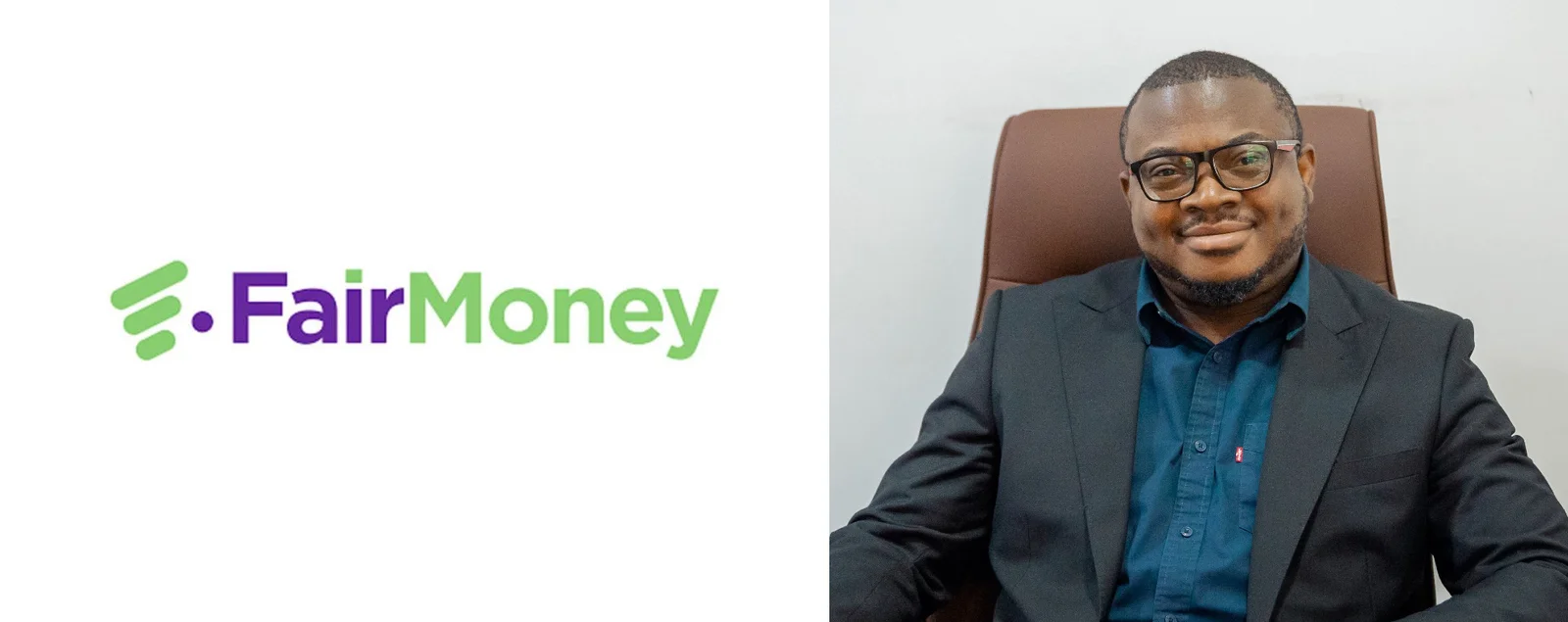FairMoney MD has stated that fair digital access is key to Nigeria’s $1 trillion economy goal.
NewsOnline Nigeria reports that the Managing Director of FairMoney Microfinance Bank Nigeria, Henry Obiekea, has stated that “fair digital access is the foundation of Nigeria’s ambition to achieve a $1 trillion economy by 2030.”
Obiekea made this known in a recent statement outlining the crucial role of financial inclusion in driving Nigeria’s long-term economic growth. He described the target as “audacious but achievable,” noting that the country’s youthful population holds the key to unlocking unprecedented economic transformation if given equal access to finance.
ALSO: NDIC Declares New Era of Accountability in Nigeria’s Banking Sector
“Nigeria’s greatest asset is its youthful population — dynamic, entrepreneurial, and innovative,” Obiekea said. “But this potential cannot be harnessed without inclusive capital. Many of our brightest young people have the ideas that can reshape the economy, but they need access to fair and transparent financial systems to make it happen.”
According to him, financial inclusion remains the single most important driver toward meeting the nation’s $1 trillion target. Despite Nigeria’s strong presence in digital technology, about 36% of adults nearly 40 million people remain financially excluded or dependent on informal financial systems.
Obiekea explained that the lack of access to fair and transparent credit continues to slow the growth of small businesses and household spending, both of which are critical to GDP expansion.
“While account ownership has increased, our credit penetration remains shallow, standing between 13% and 19% of GDP — one of the lowest globally,” he noted. “This limits the growth potential of MSMEs and households that power local economies.”
Comparing Nigeria’s financial system with peer economies, he pointed out that Kenya and Egypt have credit penetration rates twice as high, while countries like India, Brazil, and South Africa boast significantly deeper credit markets.
Digital Innovation as the Equalizer
The FairMoney boss identified digital innovation as the major equalizer capable of transforming access to finance across Nigeria.
“With over 93% of adults owning mobile phones, the physical barrier of a bank branch is no longer a limitation. Technology gives us the power to include millions who were once left out,” Obiekea said.
However, he cautioned that digital access alone was not enough, stressing the need for fairness and transparency.
“Digital finance without fairness simply replaces physical exclusion with digital exploitation,” he warned. “Hidden charges, opaque terms, and poor lending practices erode trust. To build a trillion-dollar economy, every transaction must strengthen the financial life of Nigerians — not weaken it.”
FairMoney’s Role in Inclusion
Speaking on FairMoney’s mission, Obiekea said the bank is already pioneering “fair digital access” through a transparent, technology-driven model.
“At FairMoney, our commitment to no hidden charges means customers know exactly what they are paying for. We are building trust by using data and technology to make finance accessible, fast, and transparent,” he explained.
He added that the FairMoney app enables users to open accounts instantly, apply for loans within minutes, and enjoy full banking services such as bill payments, savings, and POS operations.
“Every new user we onboard represents one more Nigerian brought into the formal economy — one more step toward achieving the $1 trillion GDP dream,” Obiekea said.
Trust as the New Currency
Concluding, the FairMoney MD reiterated that fairness and transparency are not just moral values but economic imperatives.
“Fairness in finance is not charity; it’s a growth strategy,” he said. “In the digital age, trust is the new currency. If we can build trust through fairness and inclusion, Nigeria’s trillion-dollar economy is not just a dream — it’s an achievable reality.”














